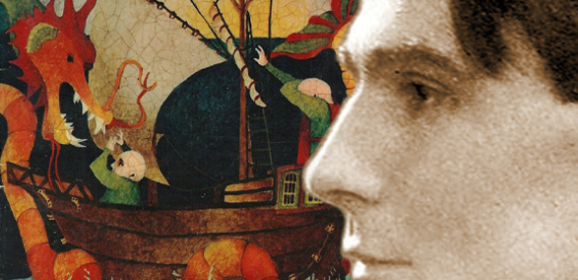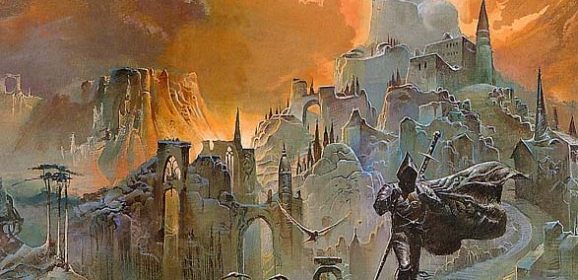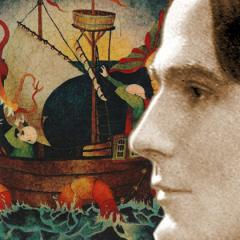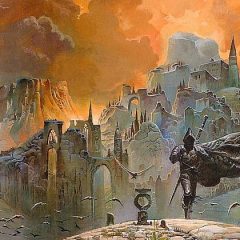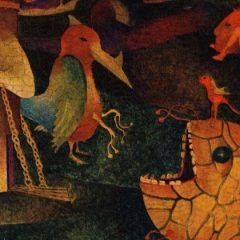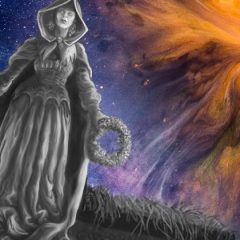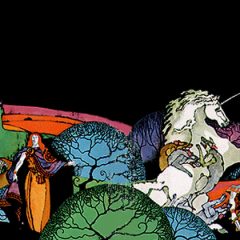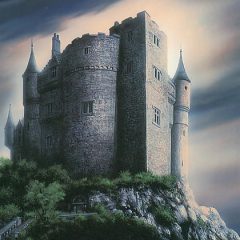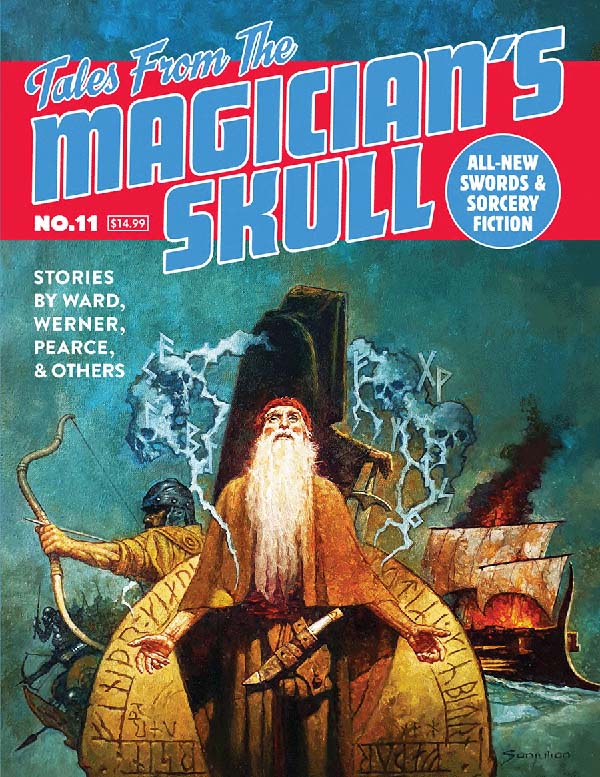Appendix N Archaeology: William Hope Hodgson
Our Appendix N Archeology and Adventures in Fiction series are meant to take a look at the writers and creators behind the genre(s) that helped to forge not only our favorite hobby but our lives. We invite you to explore the entirety of the series on our Adventures In Fiction home page. Appendix N Archeology: William Hope Hodgson by Michael Curtis In the now famed Appendix N, Gary Gygax lists roughly thirty authors...
What is the Dying Earth?
What is the Dying Earth? by Bill Ward “A dim place, ancient beyond knowledge. Once it was a tall world of cloudy mountains and bright rivers, and the sun was a blazing white ball. Ages of rain and wind have beaten and rounded the granite, and the sun is feeble and red. The continents have sunk and risen. A million cities have lifted towers, have fallen to dust. In place of the old peoples a few thousand strange souls live. There is...
Ballantine Adult Fantasy: William Hope Hodgson
William Hope Hodgson, godfather to cosmic horror and ghost detectives alike, had two books reprinted in the Ballantine Adult Fantasy line, The Boats of the Glen Carrig and The Night Land. The Night Land was published in two volumes because of its length — more controversially it received heavy editing from series editor Lin Carter to render Hodgson’s deliberately difficult prose more accessible. Both covers from Robert...
The Cosmic Horror of Sword & Sorcery
The Cosmic Horror of Sword & Sorcery by Bill Ward The bones of sword & sorcery lie close to the skin, and one sure blade-stroke is enough to lay them bare for all to see. There is plot-driven pulp action there, at the core, but supporting that is a foundation of swashbuckling historical adventure, and expectations of encounters of the picaresque and the exotic kind. To be sure we can also see the unsentimentality of the...
Appendix N Archaeology: The Ballantine Adult Fantasy Series
Our Appendix N Archaeology and Adventures in Fiction series are meant to take a look at the writers and creators behind the genre(s) that helped to forge not only our favorite hobby but our lives. We invite you to explore the entirety of the series on our Adventures In Fiction home page. Appendix N Archaeology: The Ballantine Adult Fantasy Series by Michael Curtis More than a decade before Gary Gygax assembled...
William Hope Hodgson’s The House on the Borderland
William Hope Hodgson’s The House on the Borderland by Bill Ward “Presently, I saw, rising up out of the ruddy gloom, the distant peaks of the mighty amphitheatre of mountains, where, untold ages before, I had been shown my first glimpse of the terrors that underlie many things; and where, vast and silent, watched by a thousand mute gods, stands the replica of this house of mysteries — this house that I had seen...


